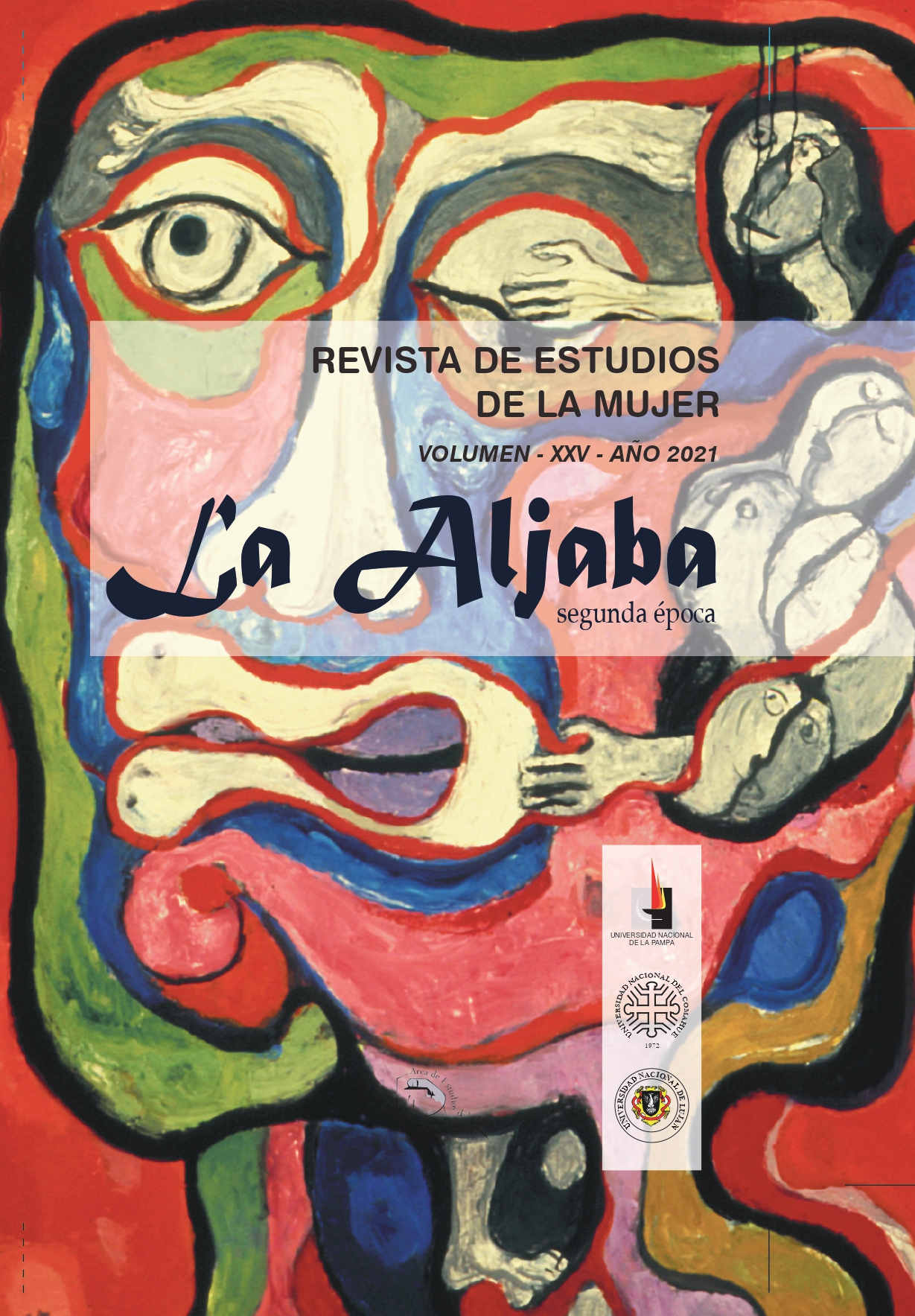Gender violence, difficult times
Keywords:
women, transgressive, denounces, passion, bodyAbstract
This analysis starts from a theoretical and conceptual reflection in the fields of historical memory, knowledge of myths and psychoanalysis to account for what in our opinion is the state of violence against women.
We start from the construction of the memory embedded in the myths of origin, and from the historical memory that has been built through the ages, recognizing that women occupy the place of oblivion. Forgetting its importance, its affections, its epistemes, its social praxis, and used in its empty body, without words that mean it. The woman who was erased in the Hebrew myth, is the same that in modern capitalism also erased makes a presence with the great absence of her, only belonging to the imaginary stereotypes that patriarchal culture builds day by day. From mythical women, witches, saints, pious women, we come through the thread of history to the oppositional, transgressive and instinctual woman who denounces gender violence, and dares to denounce male abuse in a hostile world that insists on her unconditional submission. Forgetfulness for women is the political weapon that, beyond causing her death, causes her to be erased. Converted into something unnecessary, contingent, temporary, sometimes tortuous and annoying, other times useful, and always from the shore, from the exclusion of the word, of the absence in society. We speak of her in this space, of the passion of a desire to be.


















4.jpg)




